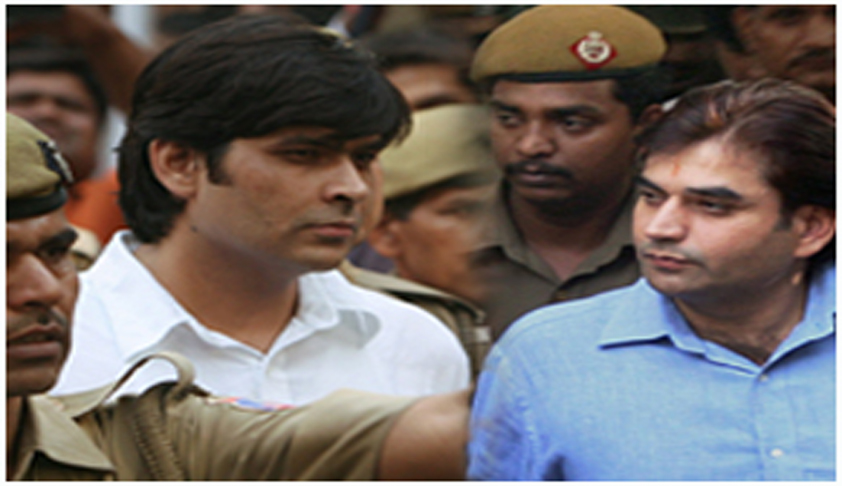No death sentence but 30 years imprisonment in Nitish Katara murder case
LIVELAW NEWS NETWORK
8 Feb 2015 10:32 PM IST

Next Story
8 Feb 2015 10:32 PM IST
Refusing to award death sentence to Vikas and Vishal Yadav in the much hyped Nitish Katara murder case, a Division Bench of Delhi High Court has via a detailed 594 page judgment turned the life imprisonment (LI) to 25 years of actual imprisonment without consideration of remission and a fine of Rs. 50 Lakh each u/s 302 along with rigorous imprisonment (RI) of 10 years under Sections 364/34...
